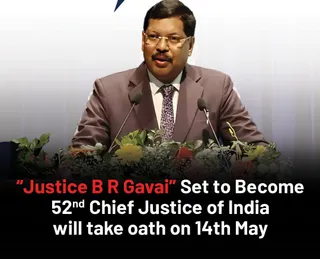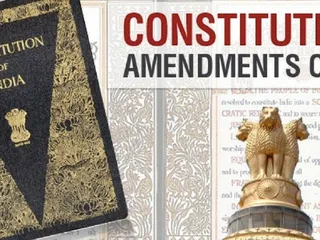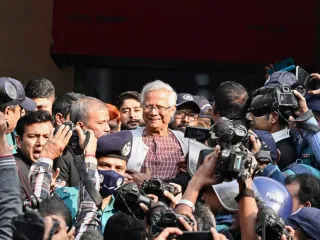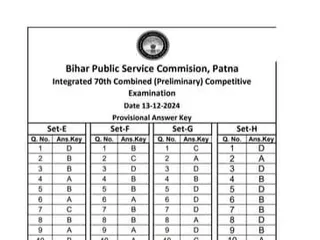The failure of constitutional machinery refers to a situation where the established framework of government, as outlined in a nation's constitution, ceases to function effectively or collapses entirely. This can manifest in various ways, leading to political instability, social unrest, and even violence. Understanding the causes and consequences of such failures is crucial for maintaining stable and democratic governance.
Causes of Constitutional Machinery Failure:
- Political Deadlock: Intractable disagreements between political parties or branches of government can paralyze decision-making and erode public trust.
- Erosion of the Rule of Law: When the government fails to uphold the law consistently and impartially, it undermines the legitimacy of the constitutional framework.
- Executive Overreach: Excessive concentration of power in the executive branch can lead to authoritarian tendencies and disregard for constitutional limits.
- Judicial Weakness: An ineffective or compromised judiciary unable to check the power of other branches weakens the system of checks and balances.
- Economic Crisis: Severe economic hardship can exacerbate existing political tensions and create conditions ripe for constitutional crisis.
- Social Unrest and Violence: Widespread protests, civil disobedience, or armed conflict can overwhelm the capacity of the state to maintain order and uphold the constitution.
Consequences of Constitutional Machinery Failure:
- Political Instability: Frequent changes in government, coups, or civil wars can result.
- Human Rights Violations: The absence of effective governance can lead to abuses of power and the erosion of human rights.
- Economic Decline: Uncertainty and instability deter investment and hinder economic growth.
- Social Fragmentation: Deep divisions within society can be further exacerbated, potentially leading to long-term conflict.
Case Studies:
Numerous historical and contemporary examples illustrate the failure of constitutional machinery. Further research into specific instances, such as the Weimar Republic's collapse leading to the rise of Nazism or contemporary challenges faced by certain fragile states, can provide valuable insights. Academic journals and reputable news sources offer in-depth analyses of these events.
Preventing Constitutional Failure:
Strengthening democratic institutions, fostering a culture of dialogue and compromise, ensuring the independence of the judiciary, and promoting economic development are key to preventing the breakdown of constitutional machinery.
For further reading, consider exploring resources from organizations like the United Nations and academic institutions specializing in constitutional law and political science.




















 (24)jpeg-1722421859875.jpeg.webp)
















